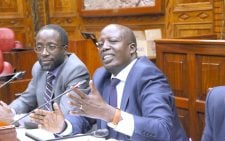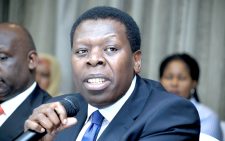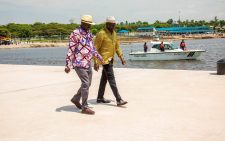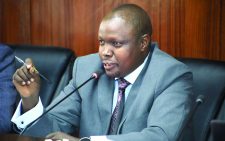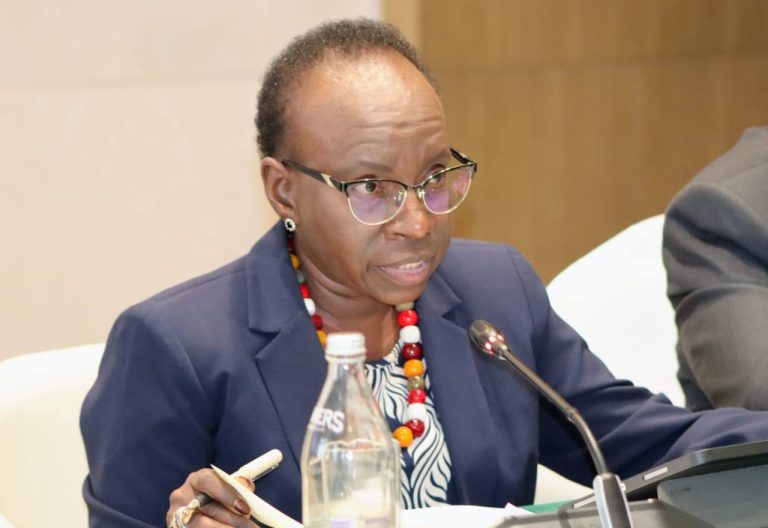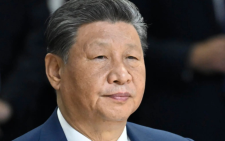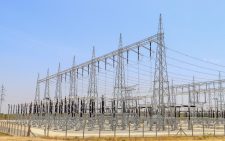Small businesses decry high taxation in weak economy

Over three years since Covid-19 outbreak in the country, small business owners say they are just beginning to recover from the sudden blow that hobbled many of them during the early 2020 restrictions.
Since then, coupled with global inflation brought by the war in Europe and the 2022 General Elections, individual business owners have had to deal with surging operation costs as well as large swings in reduced consumer demand.
At the same time, borrowing costs are going up as the Central Bank continues to raise interest rates in the hope of slowing the economy enough to curb decades-high inflation. Now they are barraged by diverging economic sentiments that have many of them wondering what to do next.
Their reasons for the new uncertainty are manifold. Those who spoke to Business Hub, are largely concerned about the lack of credit and the high cost of getting it to sustain their businesses and aren’t even sure of future survival in the face of new taxation measures by the government.
Few customers
“It hasn’t been easy. Just when we thought we had a new government in place that could listen to our needs then it started to frustrate us with heavy taxation in the middle of a weak economy,” says Moses Opalo, an auto dealer and a mechanic based in Nairobi’s Lang’ata area.
He added: “We no longer get the many walk-ins we previously had and have been forced to adjust our rates (for car servicing) for the few customers looking our way.” Opalo is not alone. Elizabeth Gitau, a director at Shamim Collection, a retail dealer in second-hand clothing for kids is also a worried Kenyan.
And for the first time after over 10 years of successfully running her business, the mother of three is entertaining the thought of either winding down or branching out into something else. Her main worry is the affordability and access thereof of credit to upscale her enterprise in Ngumba Estate, Kasarani.
“We largely depend on loans to run our businesses but it hasn’t been easy. Accessing these loans, most of which are chama-based also have very tight repayment terms,” says Gitau.
What’s worse, the depressed economic environment that has hindered their entrepreneurial spirit, has been made severe by high inflation, rising interest rates, fluctuating value of the shilling against the dollar and dwindling savings.
These factors have also limited the ability of credit firms synonymous with small, and medium enterprises (MSMEs) to lend “freely” owing to the increasing danger in loaning the struggling sub-sector.
“Businesses are inherently vulnerable now. Nearly half of businesses in Nairobi are on the verge of closing shop. Assuming you imported goods at the rate of Sh117 against the dollar six months ago, you cannot repay it based on the current rates, it means you will have to get a loan to repay it,” says Peter Macharia, an economist and CEO of microlending firm Jijenge Credit Limited.
He adds: “Much as we would love to increase our loan portfolio to our customers, current economic challenges limit us from doing so because very few Kenyans now have the ability to pay back.”
Hustler Fund
Data on actual struggles of businesses will not come available for several months, so it is not possible yet to measure the effects of the cooling economy. According to him, whether these businesses pull through could have broad implications for the health and dynamism of the overall economy.
New avenues such as the Hustler Fund, also known as financial inclusion fund – a loan project led by the government that provides instant loans to Kenyan citizens upon request, depending on who you ask, hasn’t done enough to address the financial challenges that have handicapped business owners.
